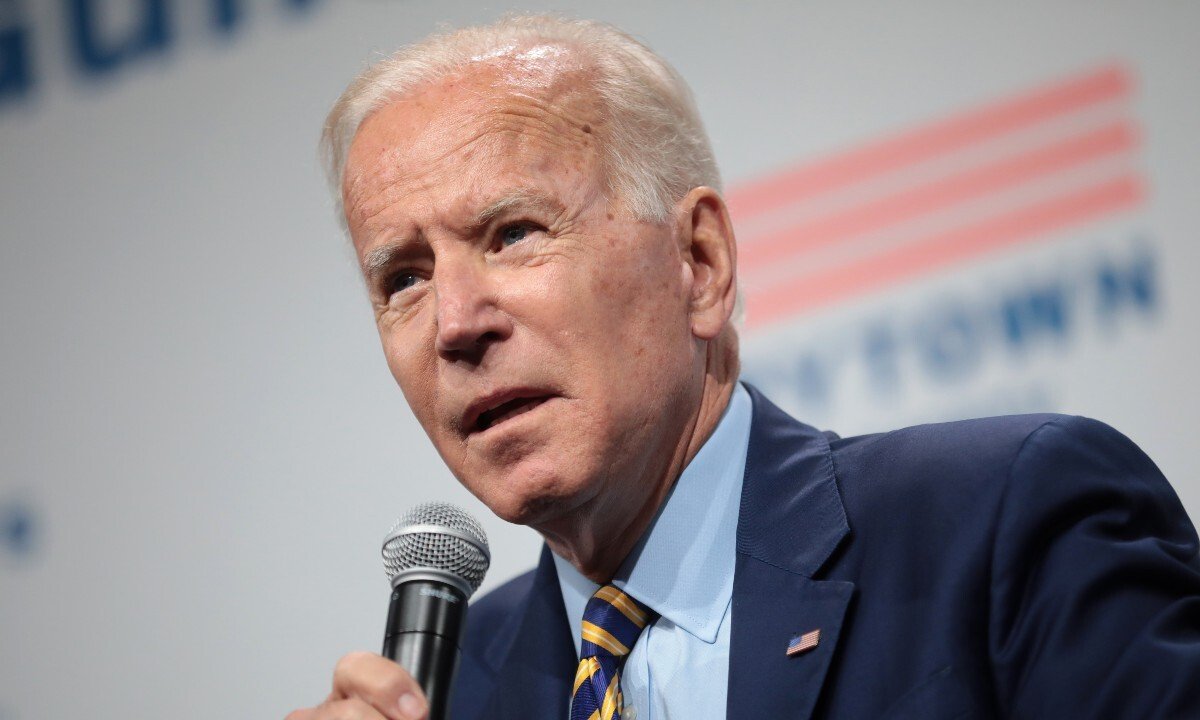Biden Sends Kigali Amendment to U.S. Senate, Recommending Ratification
November 26, 2021

President Joseph Biden this week sent the Kigali Amendment to the Montreal Protocol, which calls for a 85% phase down of HFC production and consumption in developed countries by 2036, to the U.S. Senate for ratification.
In calling for the Senate to ratify the Kigali Amendment, Biden noted that the treaty has “strong support from the U.S. business community and nongovernmental organizations,” according to a statement by the White House. “Ratification by the United States would advance U.S. interests in remaining a leader in the development and deployment of HFC alternatives, ensuring access to rapidly growing refrigeration and cooling markets overseas and stimulating U.S. investment, exports, and job growth in this sector,” he continued.
“Ratification will also ensure the United States continues to have a full voice to represent U.S. economic and environmental interests as implementation of the Kigali Amendment moves forward in coming years,” Biden said.
Biden announced in January, shortly after taking office, that he had directed the State Department to prepare a “transmittal package” for the Kigali Amendment to the U.S. Senate.
Biden’s transmission of the Kigali Amendment to the Senate follows ratification of the treaty by China and India, the world’s two most populous countries, in June and October, respectively. The U.S. is the third most populous country.
AIM Act aligns with Kigali
The U.S. Environmental Protection Agency, part of the Biden Administration, recently approved an HFC allowance rule that aligns the U.S. with the phase-down schedule of the Kigali Amendment. The rule is the first of three regulations that will carry out the AIM (American Innovation and Manufacturing Act) enacted in December 2020.
The AIM Act received bipartisan support in the Senate, indicating that the Kigali Amendment stands a reasonable chance of being ratified by at least 67 out of 100 senators, despite entrenched party differences on most issues. The Senate has ratified all four previous amendments to the Montreal Protocol, with bipartisan support.
The U.S. was one of the chief architects of the Kigali Amendment during the Obama administration, paving the way for its global adoption in October 2016. The treaty went into effect in January 2019, having been ratified by at least 20 countries. It was ignored by the Trump Administration, making the U.S. one of the major ratification holdouts among developed countries.
The number of parties (in effect countries plus the EU) that have ratified Kigali so far is 129 out of 198, with Turkey the most recent ratifier.
Other developed countries that have yet to ratify the Kigali Amendment include Italy, Spain, South Korea and Israel. Major developing countries that have not yet ratified include Indonesia, Pakistan and Brazil.
“Ratification by the United States would advance U.S. interests in remaining a leader in the development and deployment of HFC alternatives”.


